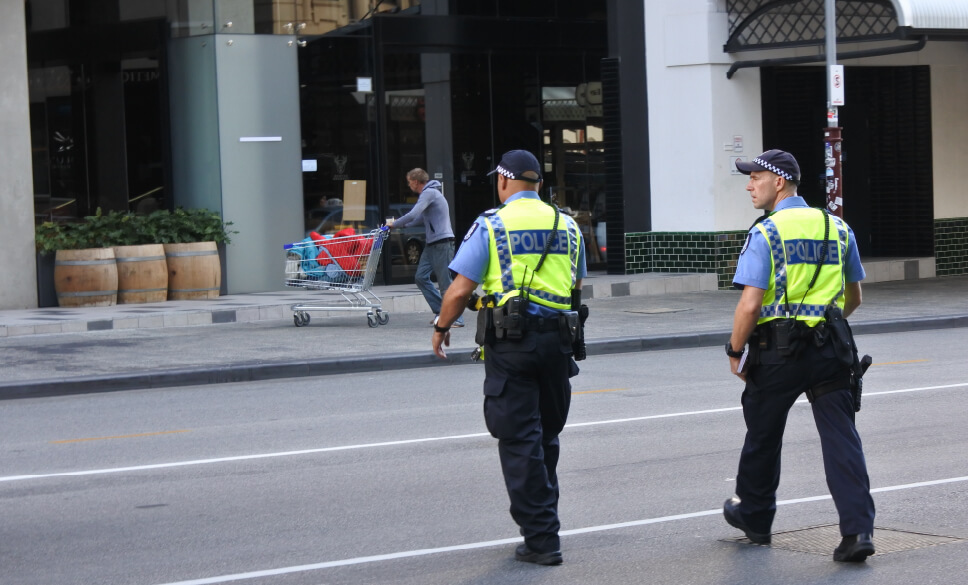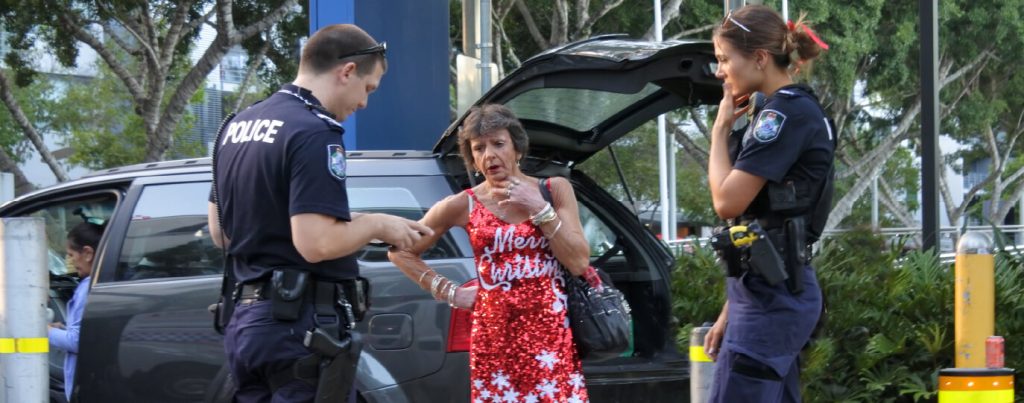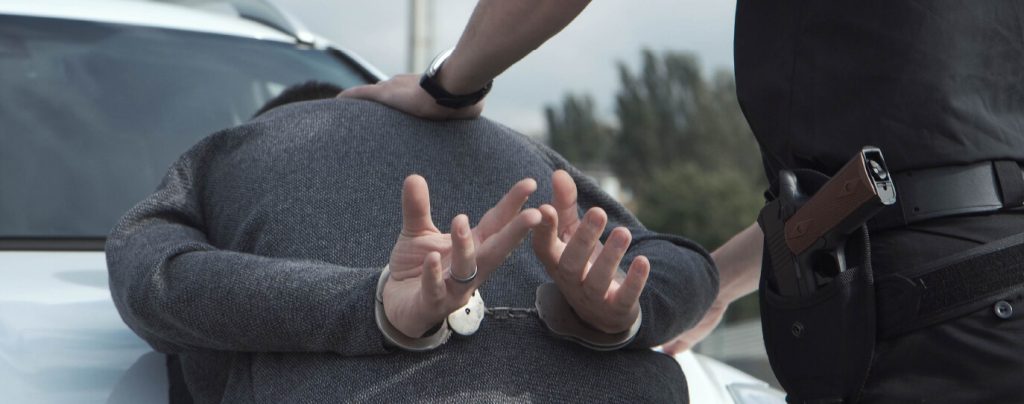
NEWS
Reasonable Suspicion vs Probable Cause: What's The Difference?
In the world of law and justice, two seemingly simple phrases hold immense power: “Reasonable Suspicion” and “Probable Cause.” These terms, while concise, are pivotal in determining the course of legal proceedings, investigations, and our fundamental rights. Understanding the distinction between them is not just a matter for legal scholars; it’s a necessity for every citizen.
In this article, we’ll unravel the nuanced differences between “Reasonable Suspicion” and “Probable Cause.” These legal concepts play a role in encounters with law enforcement, court proceedings, and even our daily lives. So, let’s dive into the significance of comprehending these terms in various contexts, shedding light on the essential knowledge that empowers us all.
What Is Reasonable Suspicion?
Reasonable suspicion is a legal term that describes a situation where a law enforcement officer believes, based on specific and articulable facts, that a person may be involved in criminal activity or is about to commit a crime.
Imagine you’re walking down the street, and a police officer stops to ask you some questions. They might have reasonable suspicion if they observe something unusual or suspicious about your behaviour or actions. This suspicion isn’t a hunch or a gut feeling; it must be backed by concrete observations and evidence.

What Is Probable Cause?
Probable Cause, in its simplest form, refers to the reasonable belief that a crime has been or is being committed. It’s the threshold at which law enforcement officers have enough evidence to take specific actions, such as obtaining search warrants or making arrests. To put it plainly, it’s more than just a hunch—it’s a level of certainty that suggests wrongdoing.

Key Differences Between Reasonable Suspicion & Probable Cause
Legal Threshold
At the heart of the matter lies the legal threshold, a crucial differentiator between these two concepts. Reasonable suspicion represents the lower threshold, while probable cause sets a higher bar.
Reasonable Suspicion: Reasonable suspicion is like the first step in the ladder of legal justification. It requires law enforcement to have a reasonable belief that criminal activity is occurring or about to occur. This belief must be grounded in specific, articulable facts, not mere hunches or guesses.
Probable Cause: On the other hand, probable cause raises the stakes. To reach this level, law enforcement must demonstrate a reasonable belief that a crime has already taken place or that evidence of a crime exists. This belief must be supported by more substantial evidence compared to reasonable suspicion.
These varying thresholds have a profound impact on how law enforcement can act. When they possess reasonable suspicion, they have limited authority for actions like stop and frisk. However, probable cause grants broader powers, including arrest and search warrants.
Evidence & Justification
Reasonable Suspicion: Reasonable suspicion demands a lesser evidentiary standard. It often relies on observations, behaviours, or circumstances that raise concerns but may not necessarily constitute strong evidence of criminal activity.
Probable Cause: Probable cause necessitates stronger evidentiary support. It typically requires concrete evidence that suggests a crime has occurred or that an individual is involved in criminal activities.
Examples
Scenario 1 – Reasonable Suspicion: Imagine a late-night encounter between a police officer and a pedestrian. The pedestrian exhibits nervous behaviour and seems to be loitering near a closed store. The officer, based on these observations, may have reasonable suspicion to briefly question the individual.
Scenario 2 – Probable Cause: In contrast, consider a situation where law enforcement receives a tip about a suspected drug operation at a specific location. Upon investigation, they find concrete evidence such as drug paraphernalia and witness statements linking individuals to drug trafficking. This would likely meet the threshold of probable cause, justifying a search warrant and arrests.
Application In Different Legal Contexts
Law Enforcement
Stops: Police can make brief stops based on reasonable suspicion. They may detain an individual briefly to question them or conduct a limited search if they believe the person might be armed and dangerous.
Searches: Probable cause is necessary for a full search of a person, their property, or their vehicle. Without it, evidence obtained during a search may be inadmissible in court.
Arrests: A lawful arrest typically requires probable cause. It’s the point where officers have enough evidence to reasonably believe that a person has committed a crime.
Criminal Justice System
The legal standards of reasonable suspicion and probable cause have a profound impact on the criminal justice system:
Court Proceedings: The way evidence is obtained matters in court. Evidence gathered without meeting the necessary legal standards can be challenged and potentially excluded from trial.
Admissibility of Evidence: Whether evidence is admissible or not can be the difference between a conviction and an acquittal. Understanding these legal concepts is crucial for both prosecution and defence in building their cases.

Secure Your Rights Today!
Distinguishing between reasonable suspicion and probable cause isn’t just a legal technicality; it’s a fundamental aspect of our legal system and everyday lives. These concepts shape the way law enforcement conducts investigations and safeguards our rights as citizens. Understanding them empowers us to protect our interests and ensure justice prevails.
In times of uncertainty, having a strong defence is crucial. That’s where our dedicated team of defence lawyers at Benjamin Leonardo, The Defenders, comes into play. We’re here to provide the expertise and support you need. If you find yourself in need of legal guidance or representation, don’t hesitate to reach out. Your rights matter, and we’re committed to upholding them. Your peace of mind is our priority, so contact us today to ensure your defence is in capable hands.

